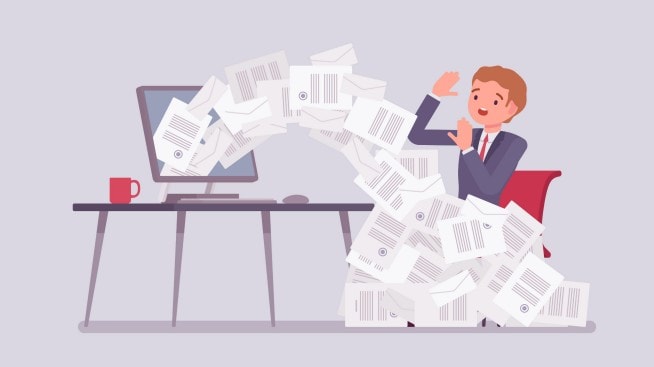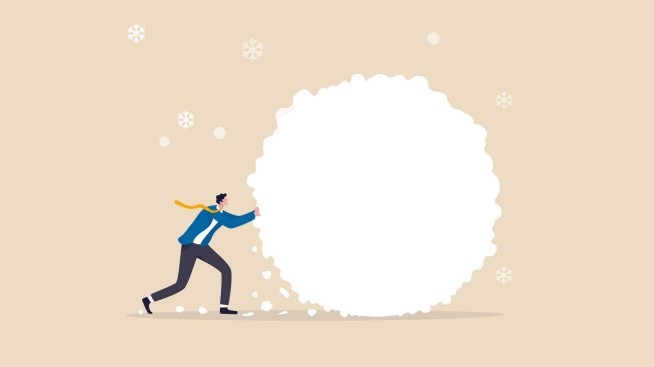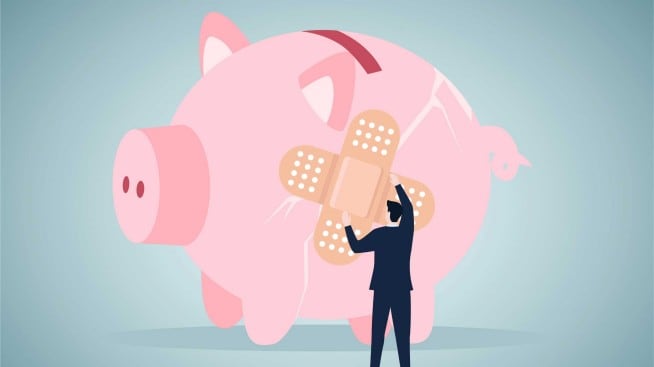What should I use my credit card for?

Exploring different ways to use your credit card may be a helpful tool in your financial journey. Using a credit card might seem intimidating at first, but they provide an alternative payment option that comes with a list of benefits. Not only are they handy in emergencies, but a credit card may help you build credit, earn rewards, finance a big purchase, consolidate debt and so much more.
Consider using your credit card for day-to-day expenses
Day-to-day expenses may become costly, so credit cards are convenient if you're able to pay your full balance off by the due date. Many credit cards come with perks that make them attractive to use for your everyday spending.
Using your credit card for day-to-day expenses typically come with perks, including earning points and rewards for your purchases. If you have a card that's part of a rewards program, you may be able to earn points to redeem for cashback, travel and gift cards.
If you go out to eat or make purchases at a supermarket, you may earn points with rewards credit cards that promote dining bonuses or groceries. When you come across a credit card offer that seems to align with your spending habits, it may seem like a no-brainer to use it for everyday expenses. By doing so, you could rack up points and rewards, which you wouldn't be able to do if you pay by cash or debit. Keep in mind that you shouldn't spend aimlessly just to earn rewards.
Using your credit card for big purchases
If you're considering a big purchase or making a big purchase but you don't want to take the money out of your account all at once, this is when you might want to consider using your credit card. Putting the big purchase on your card may help you earn points, but also gives you some time to pay it back in full.
When it comes to rewards, using your credit card for a big purchase is one way to earn rewards quickly, if you're capable of paying off the bill on time. Many cards also come with a new cardmember bonus, also known as a sign-up bonus, so one big purchase may help you meet the spending requirements faster than small ones would.
If you're looking to use a credit card to make a big purchase, keep an eye out for credit cards that offer promotional rates. Some cards offer a period that consists of zero percent intro APR. This means that you won't have to pay interest during the length of this introductory period. If your card has this promotional rate on purchases, you may want to consider using it for a big purchase and pay off the balance before the interest free period ends. If you still have a balance after the period ends, you'll be charged interest.
Using your credit card to build credit
Making purchases with your credit card and paying them off on time and in full may help establish a pattern of responsible borrowing. Since your payment history is reported to one or more of the three major consumer credit bureaus (Equifax®, Experian™ and TransUnion®), you'll want to show that you're a responsible borrower. Making payments on time may help boost and build your credit. Remember not to fall into the habit of missing payments because this has the potential to negatively impact your credit.
Your payment history makes up a large percentage of your credit score, so it's important that you utilize your card effectively. Using your credit card regularly is a simple way to start making consistent payments in order to build your credit.
Using your credit card for online purchases
Looking to shop online but aren't sure which payment method you should use? This is just one of the many reasons to use your credit card. The risk of fraud is always present when shopping online — using a credit card may be a safe way to pay. Credit cards usually come with fraud protection, which could ease some of your concerns.
Using a credit card may make getting a refund easier and add an extra layer of protection against fraud. If someone online does get access to your credit card number and uses it fraudulently, there is a good chance that you won't be held liable for the charges if you report them as soon as possible.
Using your credit card to book travel
Most credit cards provide rewards points, which may be used on future trips. There are even travel credit cards on the market, which allow you to accumulate points or travel miles or travel miles on purchases. These add up and, in some cases, may earn you a free or discounted trip.
Some credit cards also come along with travel protections when you book your trip with them, which may benefit you in many ways. These travel protections can include auto rental coverage, trip cancellation and lost luggage. Booking your trip with a credit card may offer many opportunities.
When should you avoid using a credit card?
While there are endless situations where you can use a credit card, there are also times when you should avoid charging that card. Some of these situations include:
You can't afford to pay off the balance
If you can't afford to pay off your credit card balance, then it's best to avoid adding another purchase to the list. Making purchases and charging your card for things you can't afford is the easiest way to get yourself into debt and potentially ruin your credit score.
You're applying for a mortgage
The more credit card debt on your record, the harder it is to qualify for a mortgage and get approved for a loan. During the process, mortgage lenders will most likely look at your credit utilization and debt-to-income ratio. Overspending with your credit card may put you at risk when it comes time to getting approved.
You're already in debt
If you're already in debt, it's best to avoid getting yourself into more. You might want to pay off your existing balance before you charge something else. If you aren't sure how much debt you're in, pull up your credit card statements and go through them.
You're making a purchase on an unsecured site
Credit card fraud and skimming have become more common as technology evolves. If your credit card information gets into the wrong hands, your information may be stolen without you even noticing. When shopping online, make sure the web address starts with “https" rather than “http." If it doesn't start with "https," this may be a sign that the website isn't secure. If you have an uneasy feeling when making a purchase in person, go with your gut. Skimming devices can be put anywhere, so be careful where you use your card.
You're making an impulsive purchase
You can use your credit card for big purchases, but only if you're capable of paying off the full balance down the line. Large impulse purchases that you can't afford to pay off could lead to substantial amounts of credit card debt. This could then lead to a decreased credit score, which may hurt you in the long run.
There are both pros and cons to using credit cards, but it's important to understand both on your financial path. If you understand the ins and outs of using a credit card, it can be a valuable asset.



